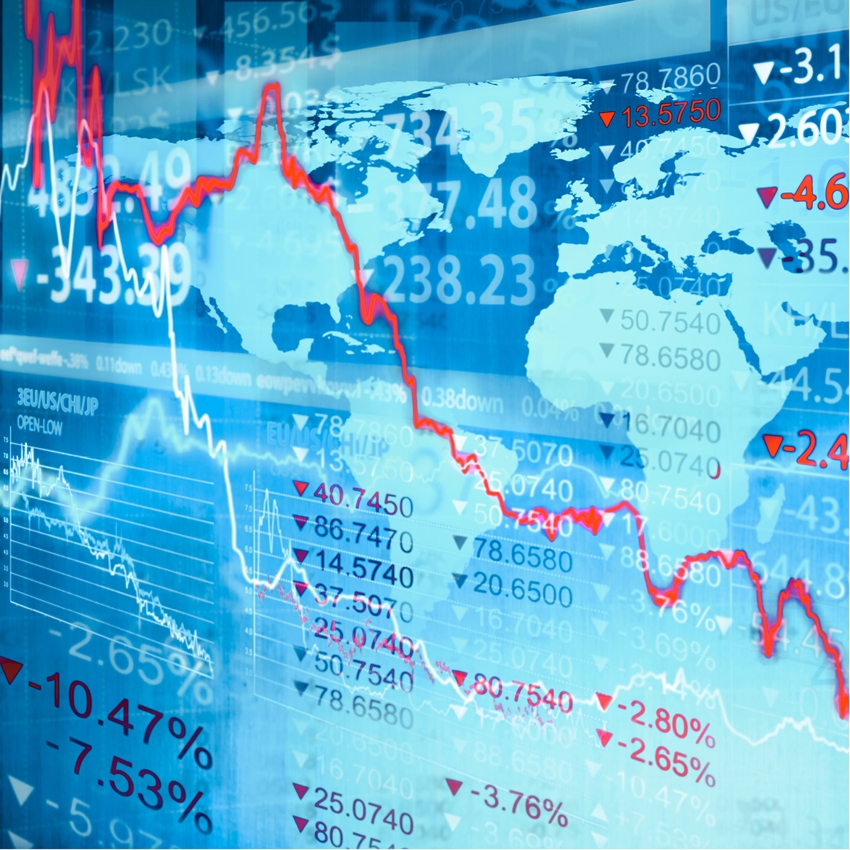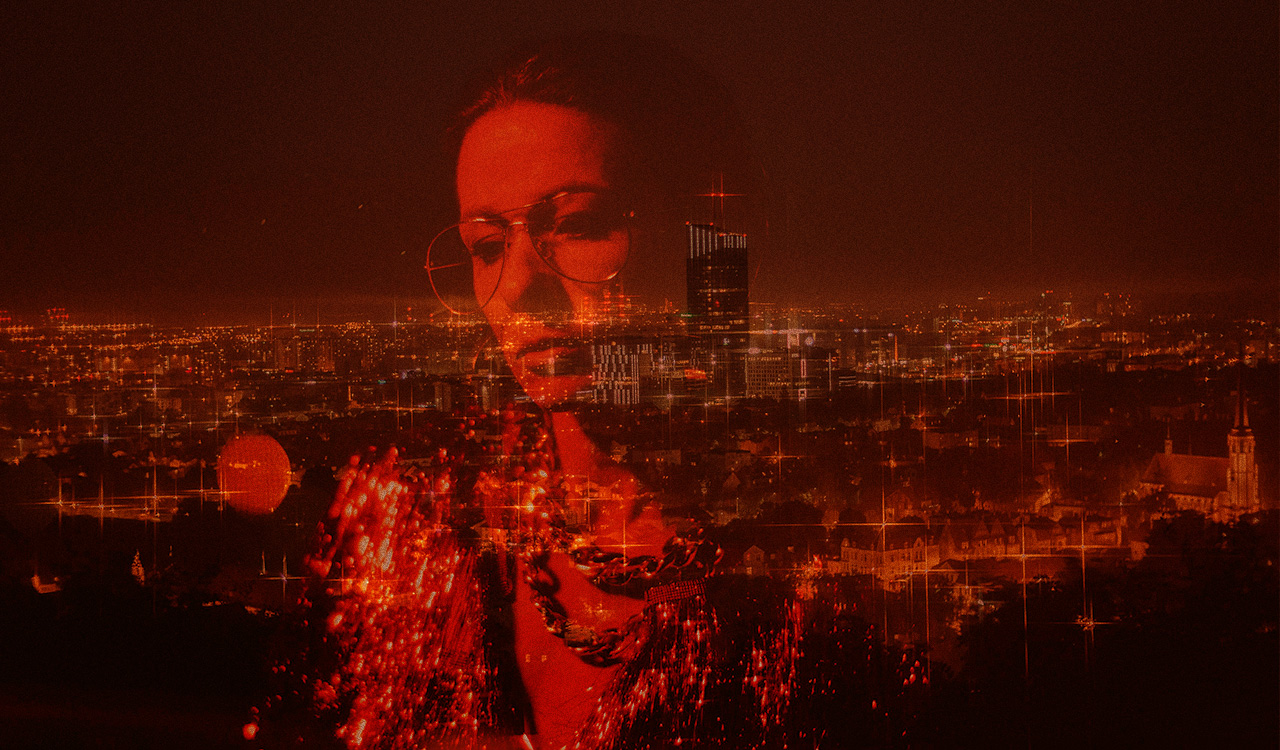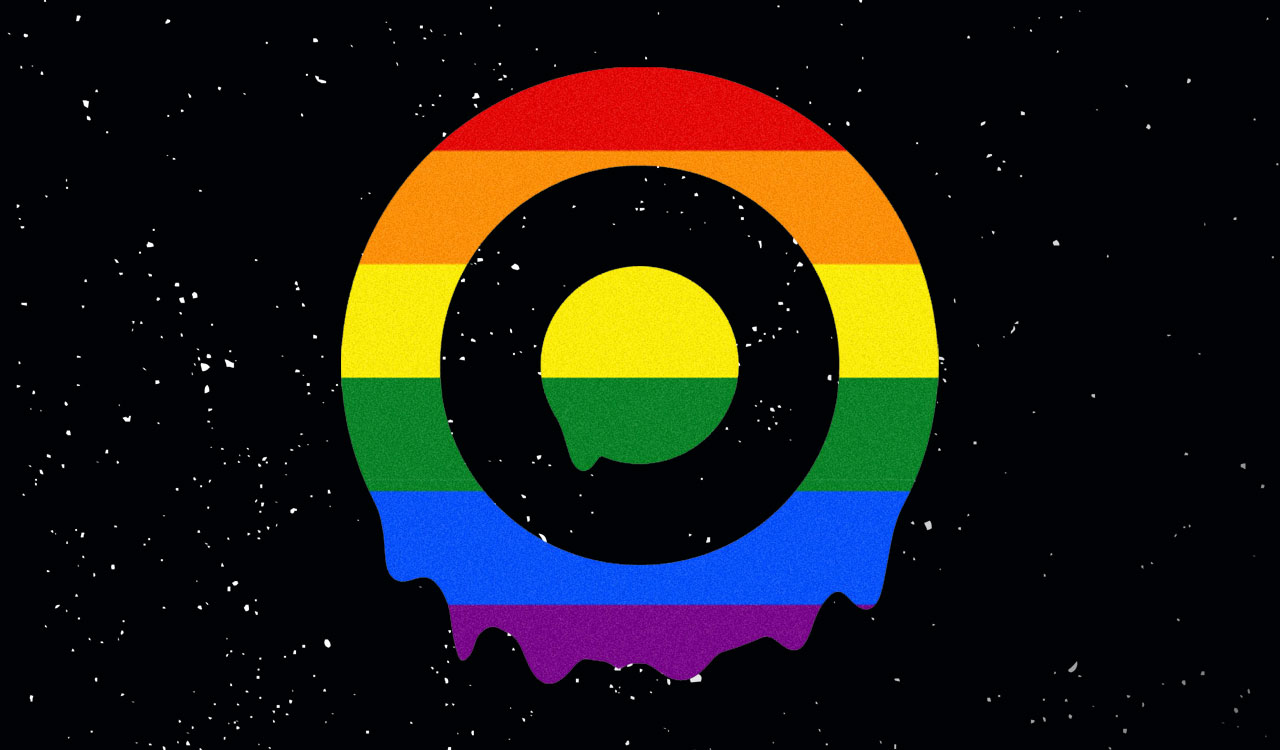So, if you think what is swirling around the world is just more complicated and painful than normal times, and that we will once again overcome and go on our merry way, you’d better read this.
Forget about experiencing one “unknown” after another over the past two years. I’m talking about horrific, unexpected, and never-before shocks that threw the world into unknown places where solutions are still unknown.
We “warp-sped” a Covid vaccine after millions of people died from it, only to face more communicable variants with the new B.2 now popping up around the world. Then came the global supply chain collapse, along with factories and stores shutting down and many businesses going into bankruptcy. Inflation has raised its ugly head. And even though our Fed said the economic impact from all this would be “transitory,” is it?
Russia invaded Ukraine. The “unexpected” consequence coming out of this unexpected war is the shock and awe for the whole world to witness. And it’s all exponentially worse for the Ukrainians. The world is watching Russian war crimes and the heroic efforts of the Ukrainians on their screens of choice. In a digital world, it is still surreal.
To add to stress levels, the sanctions placed on Russia and its oil are perpetuating rising inflation. Along with the fact that Ukraine provides about 17 percent of the world’s grain, and will likely miss this year’s harvest, inflation will dial further up. These are only two examples of literally thousands of other products being traded around the world that, by the way, will continue to screw up the global supply chain — leading to what? More inflation.
Are We on the Edge of a Global “D” Word
At the end of the day, where does this global mess lead us? The fact that the entire world is now so inter-connected and inter-dependent make today’s crises even more dramatic.
To envision the gravity of our situation, think consumer state of mind (confidence), money in the purse and savings account (security), and rising mortgage rates and prices across the board (food and fuel are biggies). And then pile these real concerns into the GDP projections, 70 percent of which is consumed in the U.S.
Cited In a great WWD article on March 29, a Suffolk University/USA Today poll reports that 30 percent of respondents felt the economy was already in recession, while 21 percent felt a depression had started. The general understanding of those terms could be fuzzy, but the direction of sentiment is clear.
The article went on to say that In February, before the Russian invasion, the Surveys of Consumers from the University of Michigan saw consumer sentiment falling 8.2 percent from the prior month to its worst level in a decade. The entire decline was attributed to households with incomes of $100,000 or more. “The impact of higher inflation on personal finances was spontaneously cited by one-third of all consumers, with nearly half of all consumers expecting declines in their inflation-adjusted incomes during the year ahead,” said Richard Curtin, director of the Surveys of Consumers. This is clearly a prediction of trouble ahead for retail.
“Now we are in a place where it’s a cycle that’s not going to keep going,” said David Bassuk, global co-leader of AlixPartners’ retail practice. “We’re at a kind of inflection point today where the future looks harder. It was a good holiday, it’s been a good start to the year,” Bassuk added, “but we have a lot of disruption ahead. The ripple effect of the global crisis with Ukraine, coupled with inflation … the supply chain crisis is not over. You keep putting all these things together … it all ends with the consumer. It’s going to be more challenging for the consumer.”
That might double down for the companies trying to sell to those consumers. “The bar keeps rising,” Bassuk said, noting “retailers and brands that retooled to thrive during the pandemic are going to have to keep moving. Key to winning in the new environment will be to successfully use bricks and clicks together in omni-fashion and to contain and manage costs.” He added, “If you fall short on both of those things, it’s game over. It’s hard to know what’s going to happen tomorrow or the next day — in business or in guessing at the whims of consumers — but the world might well be primed for its next big tipping point. Certainly, forces with the power to shape history are on the move.” So, my question is if “D” – an economic depression — is on the horizon.
“Something big is going on here,” said Matt Dines, chief investment officer at Build Asset Management. “Currencies don’t usually go through this type of erosion in their purchasing power. It hasn’t happened in just over 40 years.” That lens makes the best historical comparison for today, not the financial crisis and the Great Recession.
And Axios reports Ukraine’s GDP will not recover to pre-war levels for more than a decade.
- The war in Ukraine will cool what was supposed to be a hot economy this year, a new analysis by the Economist Intelligence Unit finds.
- Economic ripple effects from the war — like the surge in commodities prices and the supply chain disarray that’s ensued — will spread far outside the borders of Ukraine and Russia.
- The EIU’s report, published Tuesday evening, finds the war will knock half a percentage point off of its previous GDP forecast. It now sees the global economy growing 3.4 percent in 2022.
- Among G7 nations, the sharpest decline in outlook was in Europe, especially Italy and Germany, which are both reliant on Russian energy imports.
- Let’s not forget about the people of Ukraine. EIU analysts expect the war with Russia to crater the Ukrainian economy by a whopping 47 percent in 2022.
An Echo Heard Round the World?
History doesn’t precisely repeat itself. However, what’s going on economically and geopolitically does seem to have a slight echo of the dark period of our economic depression leading into WWII.
In this era of technology and global communication, trading and transportation systems have been truly globally integrated. There’s no place to hide when everything goes viral in a nanosecond. Putin, for one, has now learned what going viral really means. He didn’t anticipate that the world literally saw what he was attempting to do in a nanosecond.
And, the free world united in a nanosecond, just as he thought taking Ukraine would be a cakewalk.
My final point: Because the world is so indelibly connected, inter-dependent, and transparent through the power of digital media, I hope that seeing in real-time the horror of man’s inhumanity to man that maybe, just maybe, the human species will become more humane. It’s spring. Hope is eternal.




